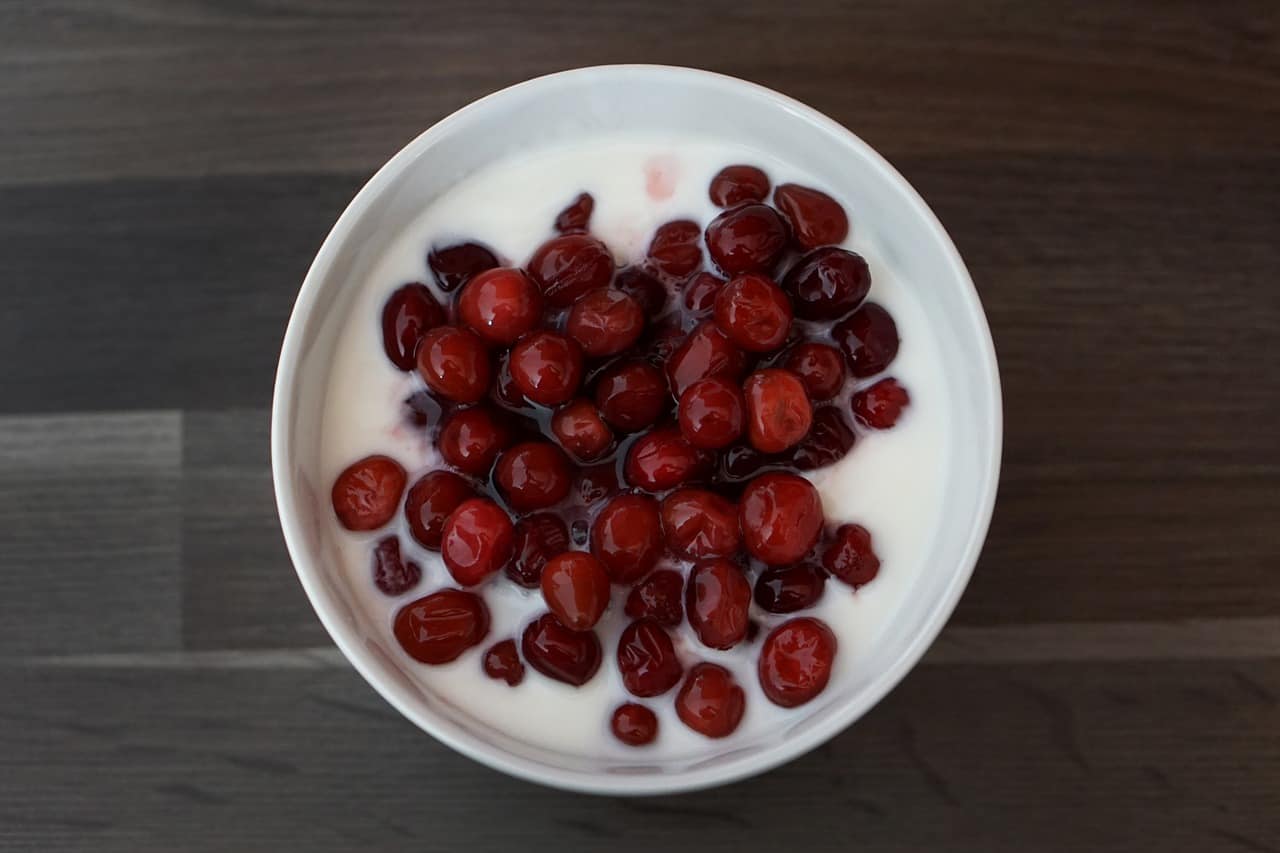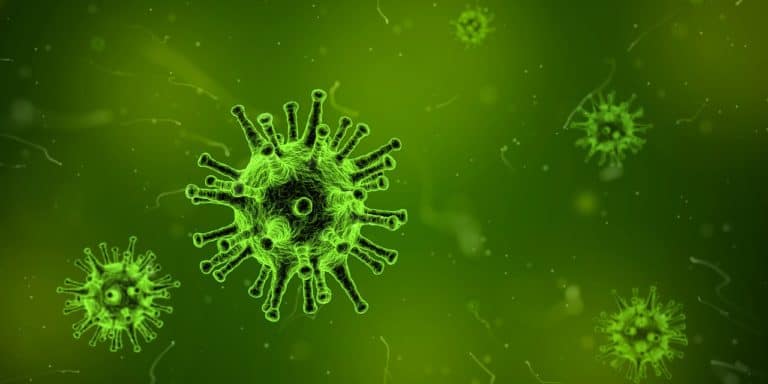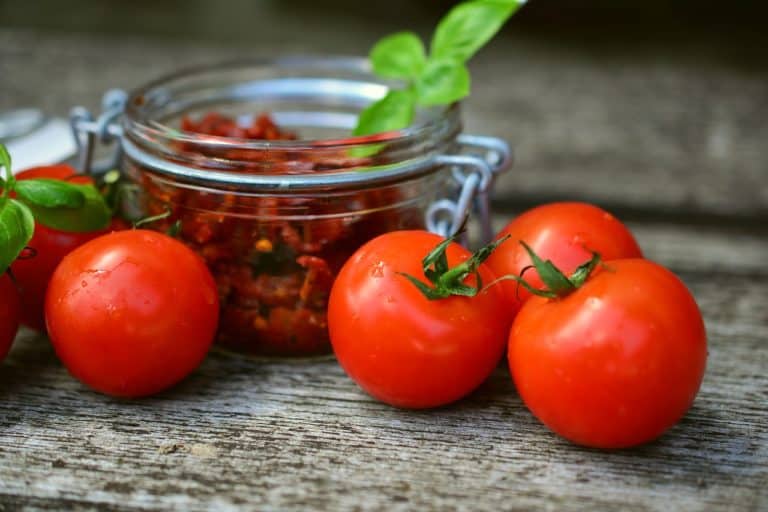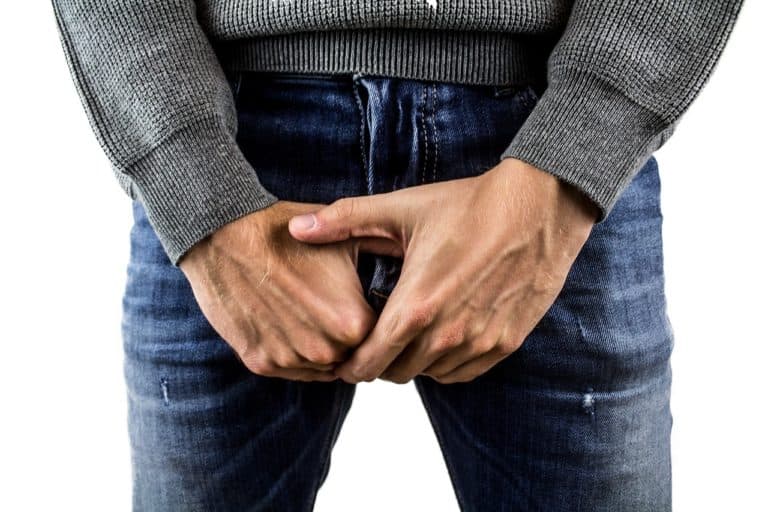The tart and tangy cranberry is frequently noted as a preventive remedy for urinary tract infections for men, and indeed this is an important use for this berry that will be reviewed below. However, there are other cranberry health benefits for men, and they can help a great number of men. But first, we answer an important question.
What’s special about cranberries?
Cranberries are a rich source of phytonutrients that have been studied for their anti-inflammatory, anti-cancer, and antioxidant properties, and many of the findings have been impressive. Among the phytonutrients are anthocyanins, flavonoids, phenolic acids, proanthocyanidins, and triterpenoids. These special plant nutrients, along with vitamin C and fiber and a low caloric content (just 23 calories per half cup) make cranberries a healthy treat. But there’s more.
Cranberries and urinary tract infections
Cranberries have demonstrated an ability to help prevent urinary tract infections. Experts have identified substances called proanthocyanins in cranberries as the factor that stops bacteria from attaching themselves to the lining of the urinary tract, which in turn helps prevent urinary tract infections from developing.
Since urinary tract infections mainly occur in women, much of the research has focused on that population. So far, studies show that women who drink about 10 ounces of cranberry juice daily can reduce their risk of developing urinary tract infections by nearly 50 percent. Other studies have yielded similar results.
Cranberries and blood pressure
Researchers at the US Department of Agriculture in Maryland report that cranberry juice can lower blood pressure in healthy adults when they drink it every day. Given that about 75 million American adults have high blood pressure— or roughly one-third of that population–this discovery about cranberries can be helpful for heart health in many individuals.
In the study, 56 healthy volunteers drank two either 8-ounce glasses of cranberry juice or a matched placebo daily for eight weeks. The study was highly controlled, as all the participants had their meals provided for them throughout the entire study so body weight could be managed.
Although the reduction in systolic (upper number) and diastolic (lower number) blood pressure declined by an average of only 3 mmHg in the study, the authors rated the diastolic drop as significant when compared with placebo. That’s because the diastolic number is less than the systolic, and so a 3 mmHg reduction is more meaningful.
According to Janet Novotny, MD, an author of the study, “If [patients] are trying to reduce blood pressure through diet, low-calorie cranberry juice would be something that would be good and healthful to include in that diet,” especially if you choose a low-calorie juice over a less healthful beverage.
This is not the only study to find a heart-related benefit for cranberries.
Cranberries and heart health
At Boston University School of Medicine, researchers found that cranberry juice could reduce the risk of cardiovascular disease. The study was a placebo-controlled crossover design involving 44 individuals with coronary heart disease. During the first four weeks, the participants drank either cranberry juice or placebo, then after a two-week rest, they switched to the other beverage. Cranberry juice reduced carotid femoral pulse wave velocity, a factor that is an important indicator of stiffness of the arteries.
Cranberries and diabetes
Could cranberry juice help if you have diabetes? According to at least one study, yes. Noting that consumption of fruits and vegetables is usually low for people who have type 2 diabetes, the authors of a study from Winona University in Minnesota found that unsweetened low-calorie cranberry juice can be a useful addition to the menu of people with diabetes to help maintain healthful glycemic control.
The crossover study subjects included 15 individuals with type 2 diabetes who consumed unsweetened low-calorie cranberry juice, carbohydrate sweetened normal calorie cranberry juice, isocaloric low-calorie sugar water, and isocaloric normal calorie sugar water. Investigators found that unsweetened low-calorie cranberry juice provided a “favorable metabolic response and should be useful for promoting increased fruit consumption among type 2 diabetics.”
Cranberries and prostate health
Limited research has suggested cranberry may be beneficial for managing an enlarged prostate (benign prostatic hyperplasia, BPH) and prostatitis. One study included men who had lower urinary tract symptoms associated with an enlarged prostate. Study participants who took 1,500 mg of dried powdered cranberries every day for six months experienced a significant improvement in their symptoms when compared with men who took a placebo.
In another study, rats with chronic bacterial prostatitis were given either cranberry, ciprofloxacin, E. coli extract, or no treatment (control). Rats given cranberry showed a significant reduction in inflammation of the prostate and in bacterial growth when compared with the control group.
It’s also possible that cranberries may help with side effects following a prostate biopsy, which may include trouble urinating and urinary urgency. Proanthocyanidins are potent antioxidants, and their immune-boosting abilities can help avoid possible infection after a prostate biopsy.
Using cranberries for men’s health
As you can see, cranberries are a healthful addition to any man’s diet. If you choose cranberry juice, look for unsweetened, low-calorie varieties, as those with added sugar add unnecessary empty calories. Cranberry supplements are also available. Consult your healthcare provider before starting any supplement program. A typical dose of cranberry supplement to manage urinary tract symptoms and support urinary tract health is 500 mg daily, but consult your healthcare provider, because cranberry contains high levels of oxalate, chemicals that can increase the risk of kidney stones.
References
Dohadwala MM et al. Effects of cranberry juice consumption on vascular function in patients with coronary artery disease. American Journal of Clinical Nutrition 2011; 93(5): 934-40
Kim SH et al. Do Escherichia coli extract and cranberry exert preventive effects on chronic bacterial prostatitis? Pilot study using an animal model. Journal of Infection and Chemotherapy 2011 Jun; 17(3): 322-26
Sengupta K et al. A randomized, double-blind, controlled, dose dependent clinical trial to evaluate the efficacy of a proanthocyanidin standardized whole cranberry (Vaccinium macrocarpon) powder on infections of the urinary tract. Current Bioactive Compounds 2011 Mar; 7(1): 39-46
Vidlar A et al. The effectiveness of dried cranberries (Vaccinium macrocarpon) in men with lower urinary tract symptoms. British Journal of Nutrition 2010 Oct; 104(8): 1181-89
Wilson T et al. Favorable glycemic response of type 2 diabetics to low-calorie cranberry juice. Journal of Food Science 2008 Nov; 73(9): H241-45







